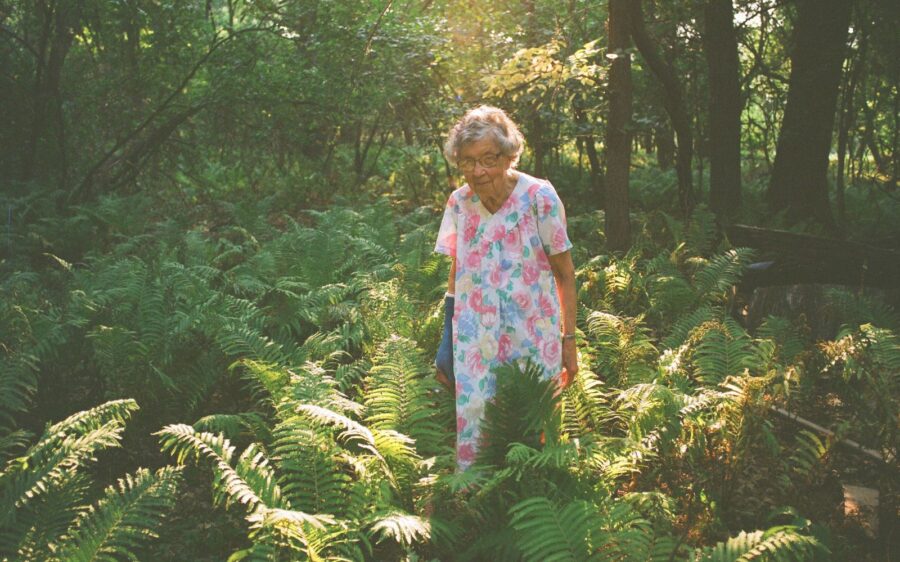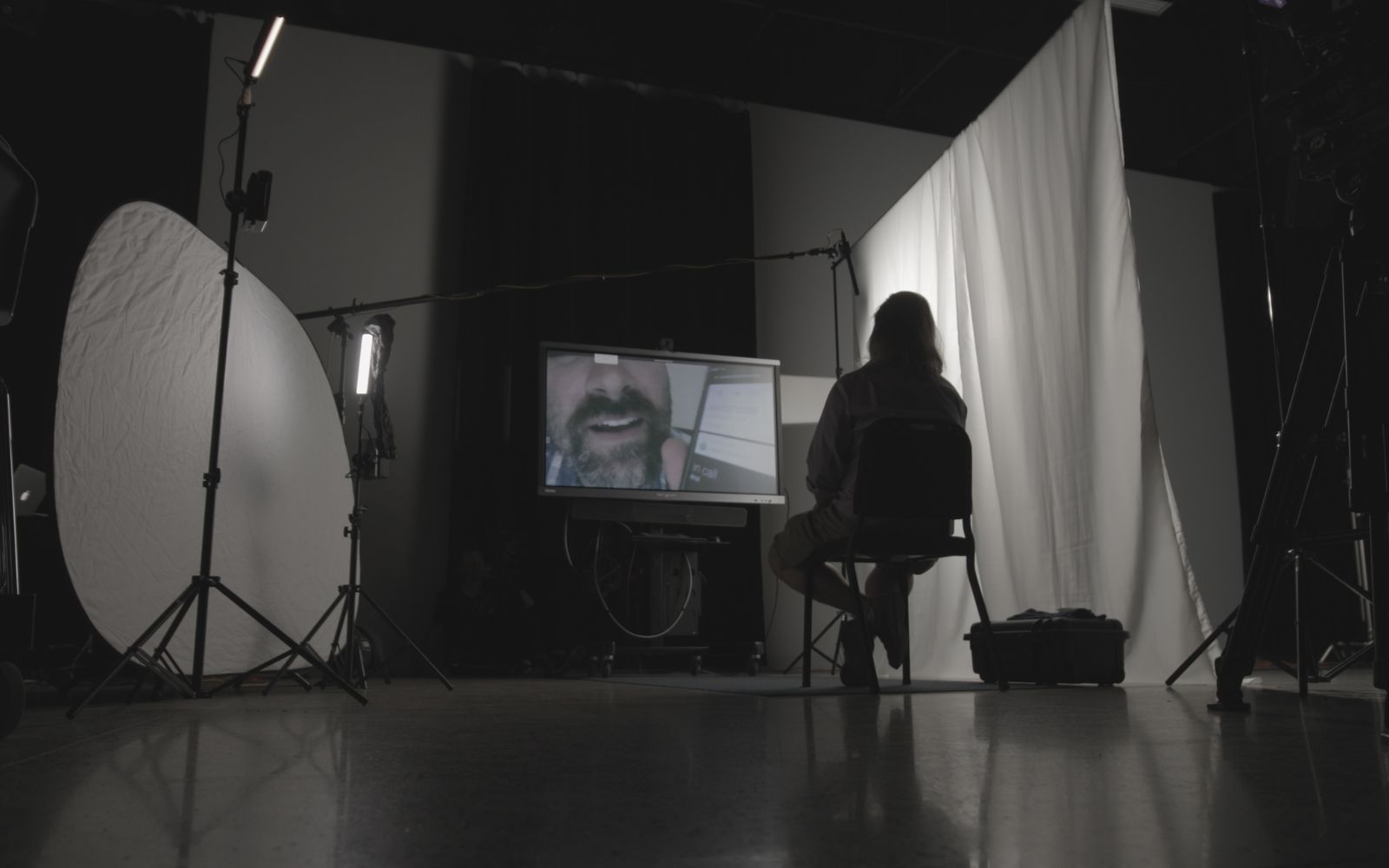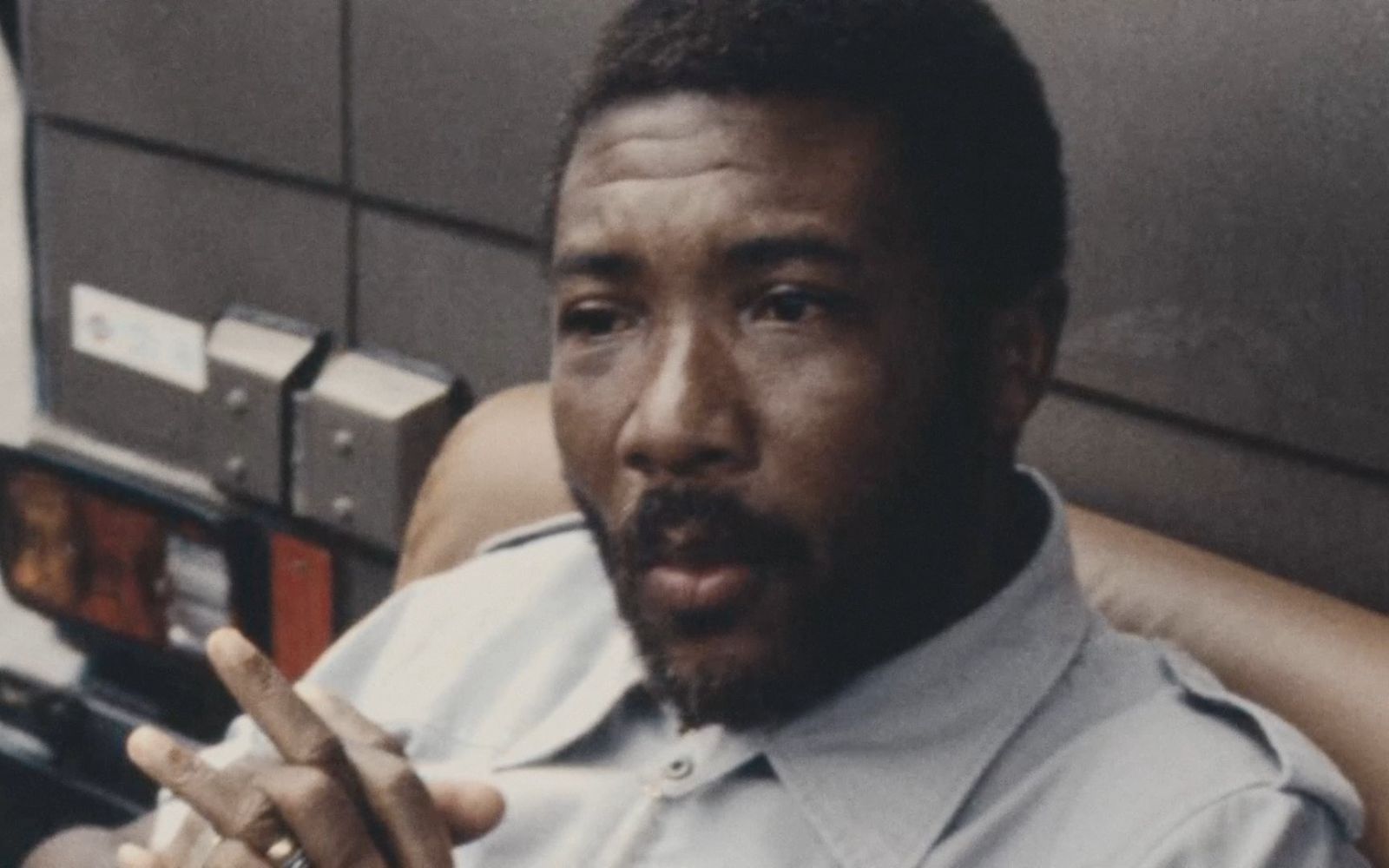By Adriel Smiley
Ian Mark Kimanje’s powerful documentary traces Carnival’s roots from slavery and survival to global celebration.

Around this time last year, the possibility of a 2025 edition of Hot Docs Canadian International Documentary Festival was up in the air. The beleaguered festival experienced a massive shortfall in funding and revenues, resulting in a slew of layoffs, the temporary shuttering of their flagship Toronto theatre, and, not to mention, a mass resignation that thinned their lineup of directors, programmers, and board members. For a crucial window of time, it seemed another Canadian cultural institution would be lost to the annals of time.
After restructuring and rebuilding, which included actively seeking a new owner for their namesake cinema, Hot Docs has finally returned. The 32nd edition of the newly reformatted festival not only featured 113 documentaries from 47 countries but retained its enduring spirit that makes it such a vital part of Toronto’s moviegoing legacy.
In spending a week at the festival, it became clear what makes it such a special, crucial space for film lovers. Whether it be the crowd’s mounting anticipation or a filmmaker’s impassioned introduction, something deeply resonant is always brewing at Hot Docs.
From the treasure trove of experiences found at the festival, here are the films that stuck out the most for us here at RANGE.
The festival’s weirdest outing is also one of its most unequivocally Canadian. Seth and Peter Scriver’s hilarious and heartfelt family portrait unfolds as a psychedelic tapestry of cartoony vignettes. Structured around in-person and phone conversations between two brothers—one white, one Indigenous—and their immediate family, Endless Cookie seamlessly slinks through a multitude of tangents and asides that span 1980s Toronto to the present-day First Nations community of Shamattawa. Though unfolding like the most random social media feed ever, the Scrivers’ film not only taps into the vibrant heart of a Canadian family, but also the fraught, prejudicial legacy of the RCMP and the lingering scars of the residential school system. For as funny as the film is, it retains a profound melancholic core that reminds us that our experiences are but one chip off the endless cookie of life.
Shot with a patient, vulnerable eye, Hui Wang’s documentary follows her grandparents’ lives in their final years in the early 2010s, tracking their morning routines, charmingly acerbic banter, and unshakable bond. With slow ebbs and flows, Wang’s camera immerses us in the day-to-day existence of this couple, hanging on each dumpling made together and slow stroll though their small Hunan apartment. As The Gardener and the Dictator gracefully unfolds, Wang carefully expands the borders of its canvas to trace intimate legacies of China’s tumultuous last century, navigating the Japanese occupation of Manchuria, the communist revolution of 1949, and the Cultural Revolution of the 60s. As Wang’s film slowly weaves all these threads, it becomes a powerful exercise in observation, illuminating the quiet beauty of a life spent together, through the pangs of regret and the tides of change.
Cheryl Hess and Shashwati Talukdar’s follows a rare and remarkable arm of justice in a hectic Dehradun Police station, where an all-woman team of officers mediate troubled marriages in Northern India. Armed with a tender, observant lens, Marriage Cops follows the tumultuous disputes of three couples whose varied stories span humdrum domestic conflicts to tragic incidents of abuse and neglect. In peering into these fraught and chaotic therapy sessions, Hess and Talukdar’s film settles into an absorbing and revealing stream, probing the worth and ultimate purpose of India’s storied cultural institution of Marriage as the concept of women’s rights continues to penetrate the nation’s mainstream.
While maintaining a lighthearted feel—often following the officers’ warm, humorous lunch breaks— Marriage Cops doesn’t shy away from tough questions, illuminating the pitfalls of a patriarchal institution that is often thrust upon women before they can even label themselves as such. As the film dives deeper into each case, it becomes a breezy treatise on the India itself, and the cultural conventions (like the continuing practice of Dowries), low literacy rates, and economic conditions that further empower an uneven playing ground for the sexes.
Shot on gorgeous and textured 16mm film, over the course of six years, Amalie Atkins’ ode to her aunt manifests as sumptuous, observational treat. Agatha’s Almanac follows the day-to-day, DIY existence of its elderly subject on her ancestral Manitoba farm, where she preserves an almost extinct form of existence with each seed planted in her bountiful garden. Like Agatha, who is weathered by time, tradition, and tragedy, Atkins’ film feels so tangible and tactile in its quiet, attentive stillness. It becomes almost hypnotic to not only hear Agatha meticulously explain her cultivation process but actively witness it, with the film’s homemade, scrapbook aesthetic becoming too infectious to resist. Its enchanting musical score, full of fleeting strings and whirring synths, comes to sound like beautiful vestiges of a bygone era, much like Agatha herself. In merging her stories of the past with the picking seasons of yore, Agatha’s Almanac finds a soothing timbre that captures the beauty and utter majesty of honest work.

Matt Gallagher’s harrowing study of vigilantism follows Jason Nassr, a self-titled “creeper hunter” who poses online as teenage girls to lure, expose, and shame potential predators. After accusing more than 100 men, some of whom took their own lives, Nassr finds himself in a tricky legal battle to justify his sense of righteousness. Shamed traces Nassr’s operational processes, motives, and methodologies, but whether the people he accuses are guilty is far from certain.
As Gallagher’s film continues to unfurl, it finds many innocent people are unjustly caught in Nassr’s web. Using unflinching interviews of bereaved family members, which often sees them visit traumatic locations, and Nassr himself, Shamed brims with shocking revelations, finding a harrowing lack of remorse in its principal subject and a motive steeped in narcissism and gratification. Across a brisk 90-minute runtime, Shamed dissects the court of public opinion and finds that frontier justice is truly well and alive in the internet age.

At the centre of Lena Macdonald’s heart-wrenching film lies Cindor Reeves, a man who with no place to call home. Why? Because he turned on the caring man who raised him, Charles Taylor, one of the most infamous warlords in history. Boasting an array of damning, intimate interviews, Betrayal is at once a document of Liberian history, and a portrait of Charles Taylor’s ascendency and the man he instilled a sense of justice that would ultimately go against him. In weaving through these narrative streams, Betrayal bustles with intense, intimate meditations on the nature of fatherhood, idolization, the fragility of historical truth, and global complicity. Macdonald’s film unearths a bevy of troubling revelations, even tying Libera and Sierra Leone’s blood diamond trade to the September 11 attacks.
Yet, the most tragic reveal is the double entendre of its title, referring not only to how Taylor’s supporters view Cindor’s courageous whistleblowing act but how the Western world, namely Canada, left him to fend for himself. It’s here where Macdonald’s film becomes truly incendiary, illuminating that profit incentive, not righteousness, was behind Taylor’s ousting. In the end, the greatest Betrayal is that money always gets the final word.
By Adriel Smiley
Ian Mark Kimanje’s powerful documentary traces Carnival’s roots from slavery and survival to global celebration.
By Prabhjot Bains
Director Alex Ross Perry on blending five movies into one and imagining Pavement as the most influential and important band in the world.
By Prabhjot Bains
From Ari Aster’s Covid Western to James Gunn’s new addition to the DC universe, here is what to watch in July.